My name is Sebastien Delva, I am a farmer in the north of France. I have 120 cattle of which around 50 are dairy cows, and I supply the co-operative Sodiaal with 500,000l of milk at around 4.3% butterfat and 3.4% protein.
I am part of an eco-responsible initiative called “Responsible Dairy Farmers” which involves cows grazing at pasture at least 150 days per year, using non-GM feed and undertaking training on animal welfare in return for a better milk price.
I grow wheat, sugar beet, maize for grain and silage, and also grow grass on a total area of 80ha. I believe agriculture is in perpetual evolution. We always need to question what we do and make better choices for our future.
In the past, all we had to do was produce. Markets were regulated and surpluses were stored to limit price volatility. Deregulation has forced us, as well as producing, to learn how to better sell at the right time, but for those productions where we are not direct sellers, we have to take world prices. Hence, sugar prices have recently fallen dramatically, and so growing beet is no longer profitable. However, we are tied by contract to continue producing for several years. It was the same with milk before the liberalisation of quotas.
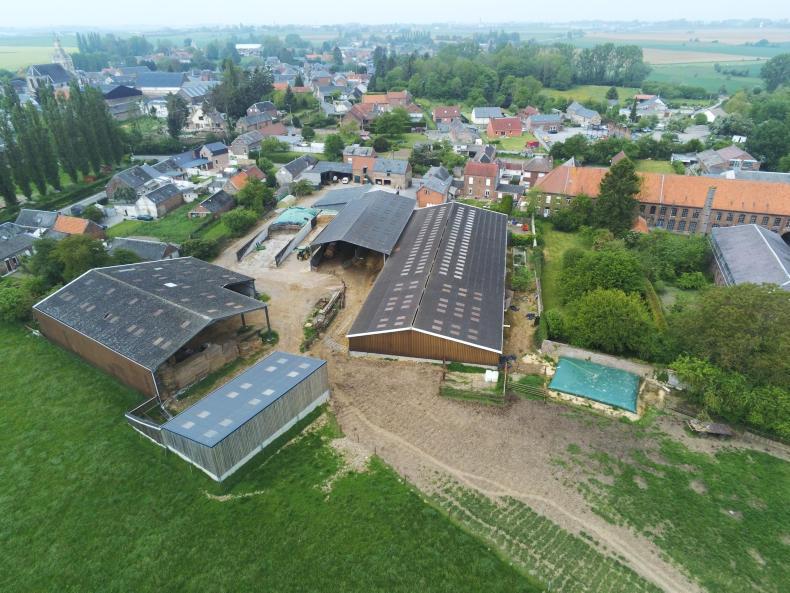
An overview of Sebastien Delva's farm in the north of France.
Constraints
Other constraints have been imposed upon us: for tillage and other vegetable productions, we are seeing more restrictions on the use of phytosanitary products, and distance limits for spraying relative to neighbouring houses, which loses us thousands of productive hectares at the national level.
Animal productions are not spared either, with many antibiotics now prohibited. Also, some media, and a part of the public, who know little or nothing about our practices or our business, allow themselves to constantly criticise French agriculture.
That said, that is not the first challenge agriculture has dealt with, and we will experience more in the future: we know how to adapt. I think agriculture is a major asset for those countries which have one capable of feeding their population.
We need to be more proactive in communicating our best practices. We are good at what we do and we need to tell our story.
The Economist sets out each year a classification for sustainable agriculture, and has ranked France first of that league for the third consecutive year, but this has received too little attention in the media.
Another challenge we need to tackle is global warming and climate. Agriculture is the only sector which can store more carbon (CO2) than it emits. New technologies help us to produce better, to become more efficient, to refine our choices and also to better respond to consumers’ expectations.
We also supply raw materials for the sectors specialising in sustainable development, such as insulating materials, textile fibres and so forth.
Renewable energy is an area where French farming can also contribute strongly: beet production for ethanol, rapeseed for the production of biodiesel, but also the numerous anaerobic digester facilities we have developed on farms and can be proud of, which can advance agriculture.
My name is Sebastien Delva, I am a farmer in the north of France. I have 120 cattle of which around 50 are dairy cows, and I supply the co-operative Sodiaal with 500,000l of milk at around 4.3% butterfat and 3.4% protein.
I am part of an eco-responsible initiative called “Responsible Dairy Farmers” which involves cows grazing at pasture at least 150 days per year, using non-GM feed and undertaking training on animal welfare in return for a better milk price.
I grow wheat, sugar beet, maize for grain and silage, and also grow grass on a total area of 80ha. I believe agriculture is in perpetual evolution. We always need to question what we do and make better choices for our future.
In the past, all we had to do was produce. Markets were regulated and surpluses were stored to limit price volatility. Deregulation has forced us, as well as producing, to learn how to better sell at the right time, but for those productions where we are not direct sellers, we have to take world prices. Hence, sugar prices have recently fallen dramatically, and so growing beet is no longer profitable. However, we are tied by contract to continue producing for several years. It was the same with milk before the liberalisation of quotas.

An overview of Sebastien Delva's farm in the north of France.
Constraints
Other constraints have been imposed upon us: for tillage and other vegetable productions, we are seeing more restrictions on the use of phytosanitary products, and distance limits for spraying relative to neighbouring houses, which loses us thousands of productive hectares at the national level.
Animal productions are not spared either, with many antibiotics now prohibited. Also, some media, and a part of the public, who know little or nothing about our practices or our business, allow themselves to constantly criticise French agriculture.
That said, that is not the first challenge agriculture has dealt with, and we will experience more in the future: we know how to adapt. I think agriculture is a major asset for those countries which have one capable of feeding their population.
We need to be more proactive in communicating our best practices. We are good at what we do and we need to tell our story.
The Economist sets out each year a classification for sustainable agriculture, and has ranked France first of that league for the third consecutive year, but this has received too little attention in the media.
Another challenge we need to tackle is global warming and climate. Agriculture is the only sector which can store more carbon (CO2) than it emits. New technologies help us to produce better, to become more efficient, to refine our choices and also to better respond to consumers’ expectations.
We also supply raw materials for the sectors specialising in sustainable development, such as insulating materials, textile fibres and so forth.
Renewable energy is an area where French farming can also contribute strongly: beet production for ethanol, rapeseed for the production of biodiesel, but also the numerous anaerobic digester facilities we have developed on farms and can be proud of, which can advance agriculture.





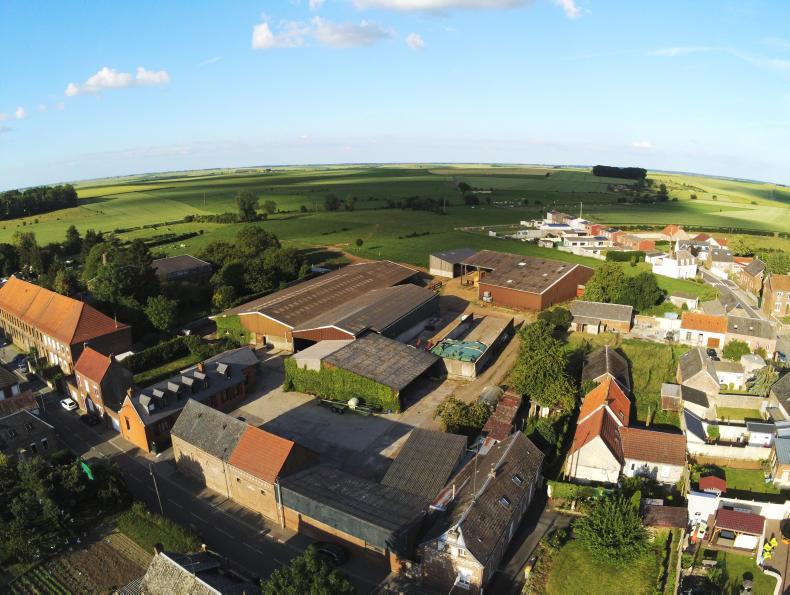
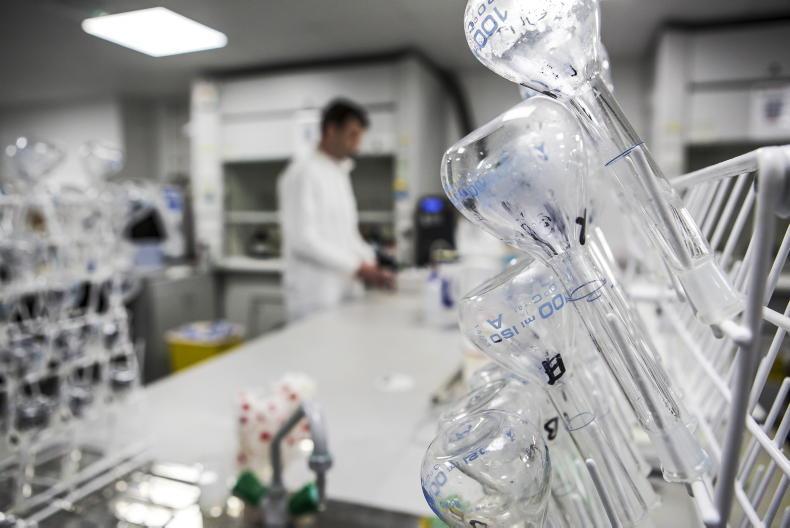
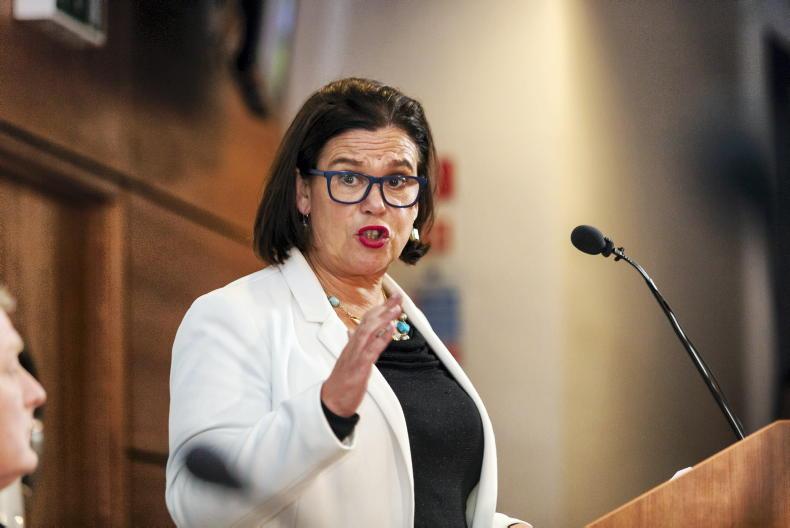
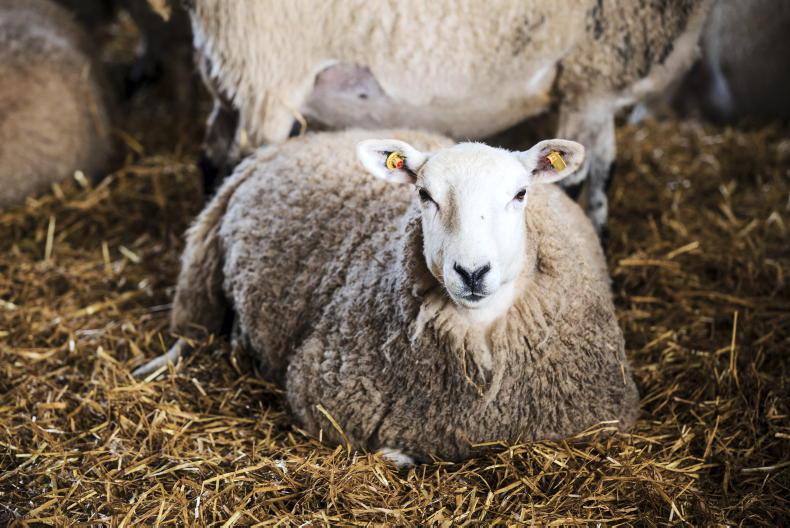
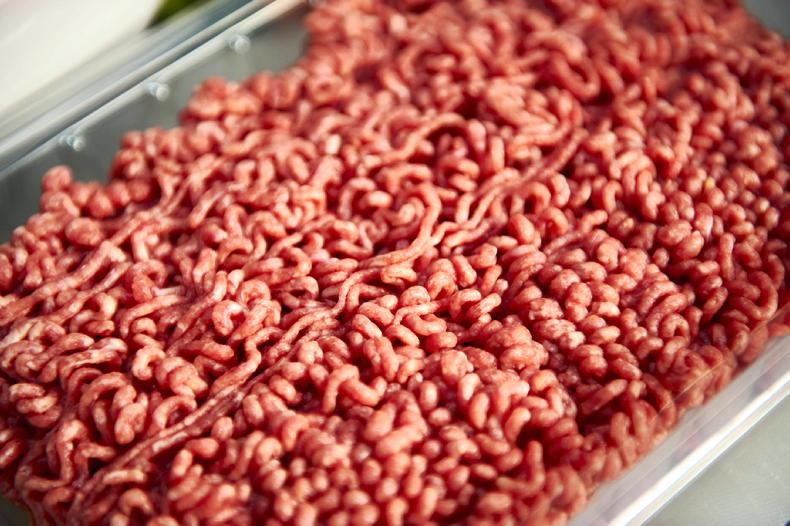
SHARING OPTIONS